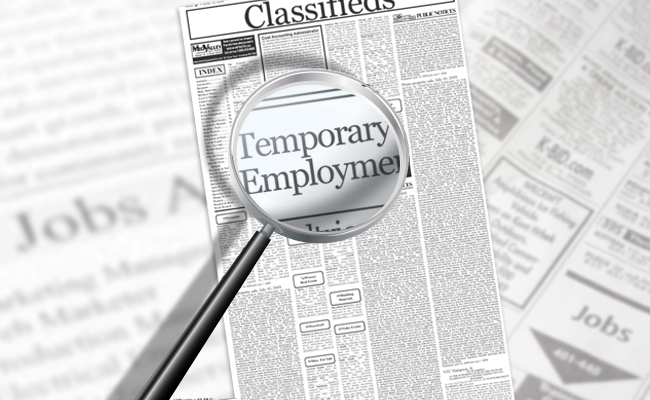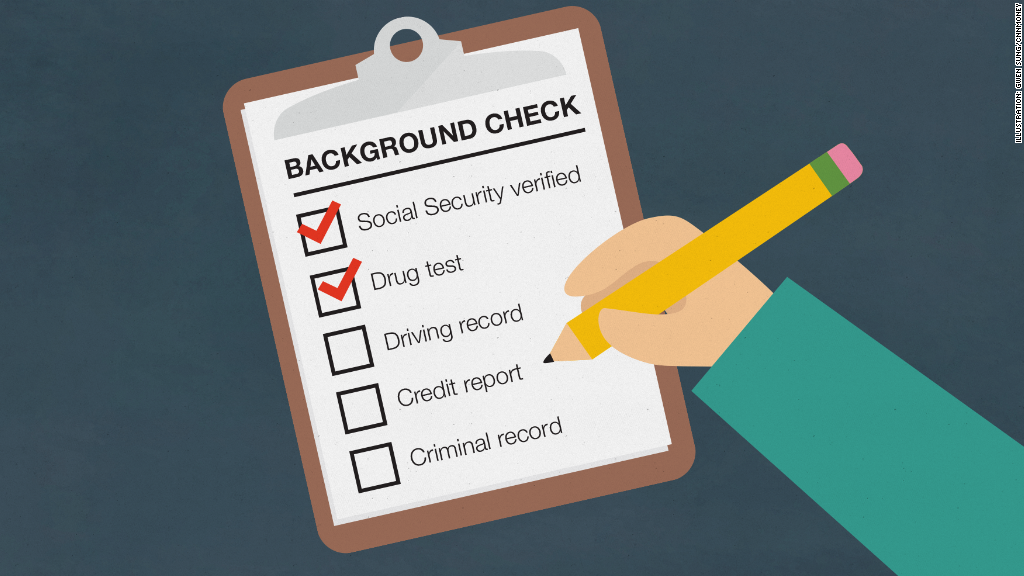Recruitment is one of the most important things a business can do. Do it right, and you have a team that is built with the foundations that can take the business to new heights, do it wrong and it can be a costly exercise. If you continue to do it wrong, you know that something isn’t working and that it needs to be fixed. So, it is important to avoid recruitment mistakes to achieve favorable mistakes.
Usually, that solution always starts with HR. From processes to screening, understanding just where the mistakes happen in recruitment is essential to creating a better HR system moving forward – and to limit making the same mistakes again and again.
So what are these mistakes that HR professionals make with recruitment? Here are a few different ones we have identified.

1- Not Creating an Accurate Job Description
What is the role really? Yes, it can be easy to create a role with some real buzzwords to attract a slew of talent through the doors but if the role isn’t that, you’re creating further problems down the road. You need to think about creating an accurate job description, one that echoes the candidate’s qualities with abilities. A good job description should be more than a list of duties, it should describe the role in the team and the overall purpose of why this career is available. It needs to be a mission statement for the role itself.
2- Not Recruiting from Within
Sometimes the best talent is under your very nose. Maybe the opportunity hasn’t been widely advertised around the business or maybe the idea to even recruit from within hasn’t been explored but there are disadvantages to this level of thinking.
Firstly, recruiting from within makes economic sense as the time and expenditure required to create a listing, screening candidates, and then onboarding is no longer an issue. Secondly, the candidate for the role already knows the business, they may even know the issues that the department faces and provide insights and solutions which haven’t been considered. Thirdly, training your team to advance in their roles can be an engaging experience that can boost morale and productivity.
3- Not Properly Screening Candidates
If there is one thing that an HR department can do to make the experience really sharp it is candidate screening. Being able to read C.V’s, perform aptitude tests, and even psychometric tests before a candidate get a callback for an interview. These tests alone will provide the team and the hiring manager with really strong information about the candidate and how they would actually perform in the workplace rather than a simple interview to see if they would fit in well.
Don’t forget, interviews can be very divisive in how they are performed and utilised by candidates. A great interview does not mean a great candidate.
4- Rejecting an Overqualified Candidate
It can be really easy to reject an under qualified candidate but what about an overqualified candidate? Well, this happens a lot as well. You may think that they won’t stick around for long or want to progress too quickly because their time and experience are more valuable than you can consider but, it’s sometimes an unwise move.
Highly experienced and talented candidates may just have the skills to help you develop your team to take the business forward to another level. Importantly, you want to encourage these candidates so that they think about staying, progressing, and even being rewarded for their exceptional performance.
5- Finally, Waiting for the Perfect Candidate
Let’s be honest, there is no such thing as the perfect candidate. There are candidates who could fulfill 80% of your requirements and will never be available when you need them. Don’t go chasing ‘candidate unicorns’!
By not recruiting fast enough – because you’re looking for the perfect candidate you are causing yourself more issues. Staff needs to take on additional work which can lead to a more unmotivated workforce and a reduction in productivity and morale.
You May Also Like
10 Salary Negotiation Tips to Win The Best Offer
How to Excel at Your Next Job Interview





